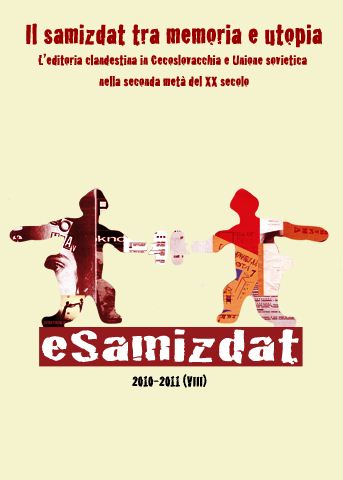The Global 1922: New Critical Reflections
Location: King’s College London
Organizers: Centre for Hellenic Studies and Sir Michael Howard Centre for the History of War,
King’s College London / Centre for War Studies, University College Dublin, Ireland / Research
Centre for Modern History, Panteion University, Greece
Date: Thursday, 31 March 2022
The year 2022 marks the centenary of the end of Greek-Turkish war of 1919-1922. This war was
one of the final conflicts of a decade-long series of wars to which historians have referred as the
‘Greater War’ decade. The war coincided with the end of the many conflicts and diplomatic or
political processes that transformed eastern Europe and Russia as well as the Near and Middle
East. It also marked an acute humanitarian crisis following the dislocation of minority populations
across the Aegean Sea, one of the largest single population transfers of the Greater War decade.
The Greek-Turkish conflict should be understood in the wider context of nationalist agitations,
state-building processes, imperial transformations and socio-economic upheavals across lands and
seas in flux from Western Europe (Ireland), Central and Eastern Europe, European and Asian
Russia to the Eastern Mediterranean and beyond. Using the Greek-Turkish war as a starting point,
the conference aims to place the events that followed the armistice of 1918 in a boarder
international and transnational context and, conversely, use this wider frame to better understand
the transformations on a local level.
We are interested in original contributions for an international conference tentatively planned as a
one-day event in London on Thursday, 31 March 2022. The organizers aim to publish a selection
of papers from the conference in the form of an edited book or a journal special issue. The
publication plans will be finalized in a follow-up workshop in Greece.
We invite abstracts from scholars working in the fields of global/international history, imperial
history, economic, social, and cultural history, gender history, and the history of emotions, among
other subfields. We also encourage abstracts from early career scholars, and we will endeavour to
cover part of their participation costs.
Some of the wider topics we are keen to explore (the list is by no means exhaustive):
• The entangled history of population exchanges and partitions
• The instrumentalization of national and religious minorities
• Population settlements, re-settlements and refugees
• Agrarian reforms and land policies, resource and labour distribution
• The politics of humanitarianism and the history of humanitarian interventions
• The emergence of international practices and the transfer of expertise
• The nationalisation of empires and state-building processes
• International governmental and non-governmental organizations and their involvement
in local contexts
We invite interested applicants to submit a 500-word abstract and a one-page CV by 26 July 2021
to this email address: chs@kcl.ac.uk with reference ‘1922-2022 conference’. The successful
applicants will be notified by early September 2021 and will be asked to submit a 2,500-word draft
by 1 February 2022.
Programme Committee: Lina Venturas (Panteion University), Gonda Van Steen (KCL), Joe
Maiolo (KCL), Robert Gerwarth (UCD), Georgios Giannakopoulos (KCL).













